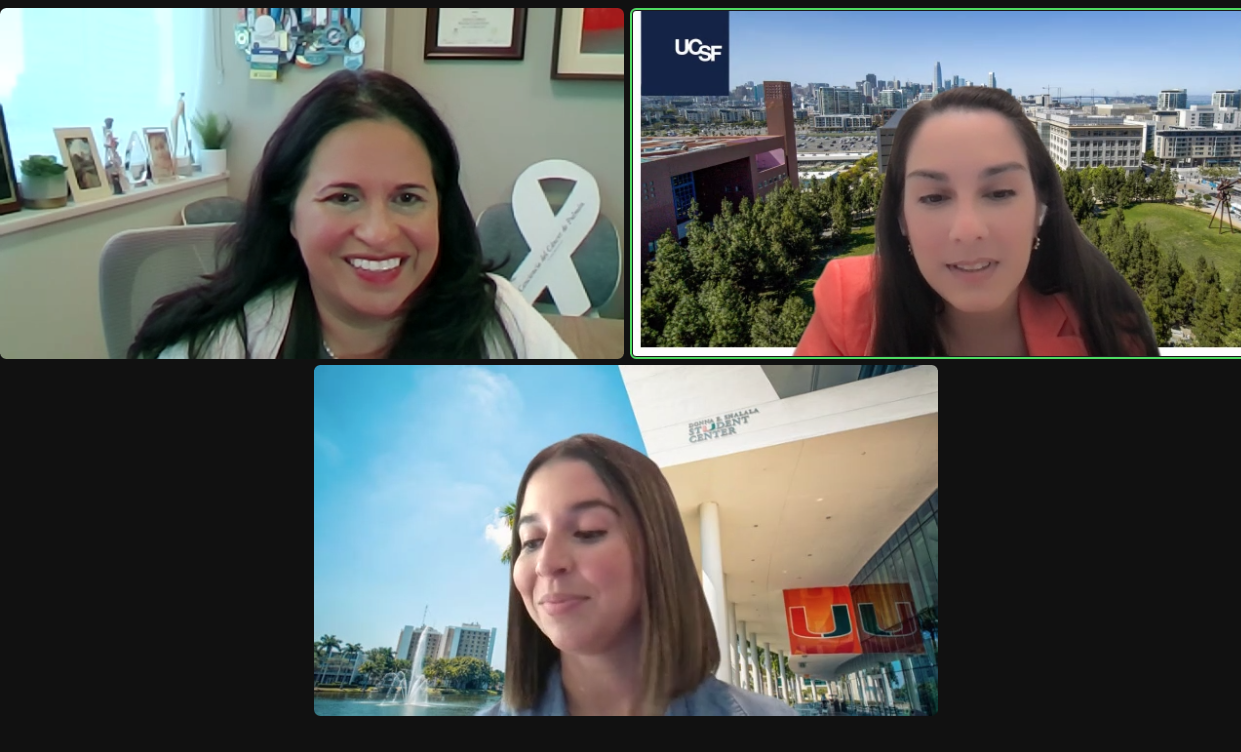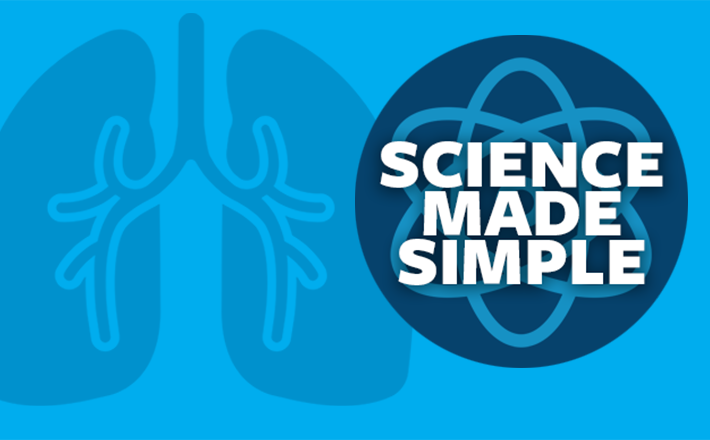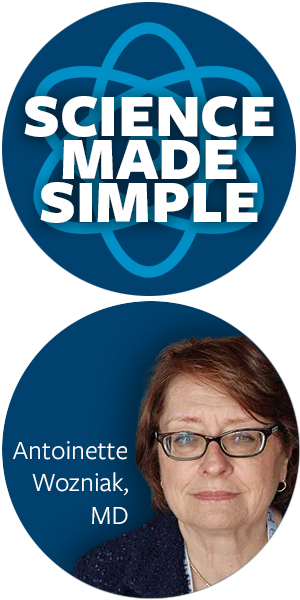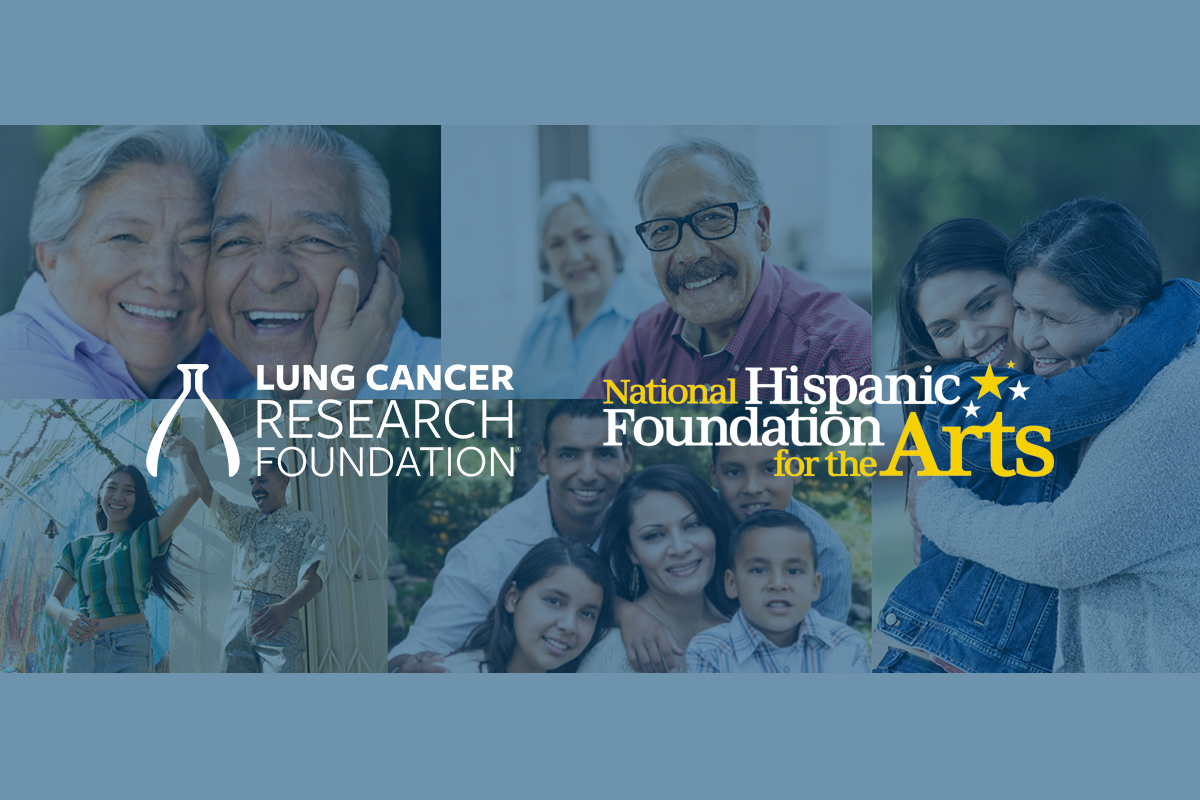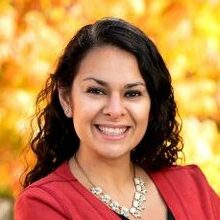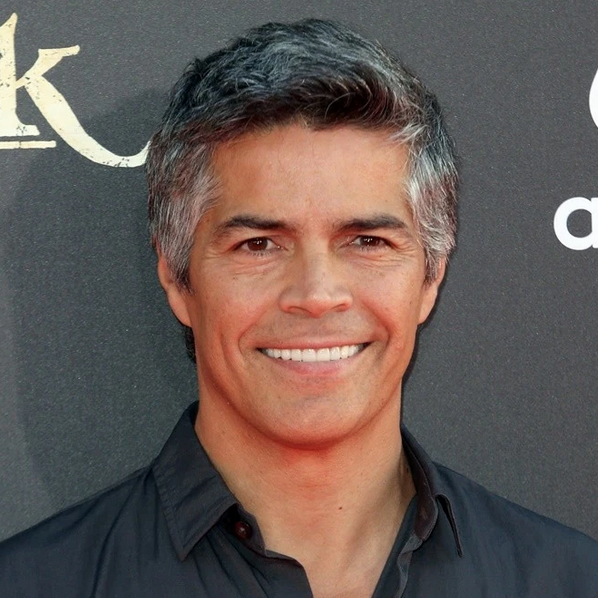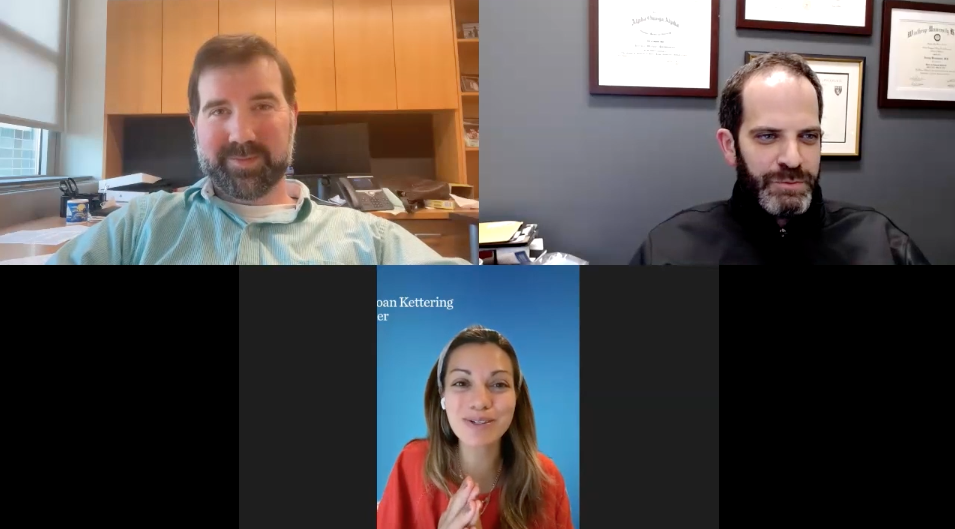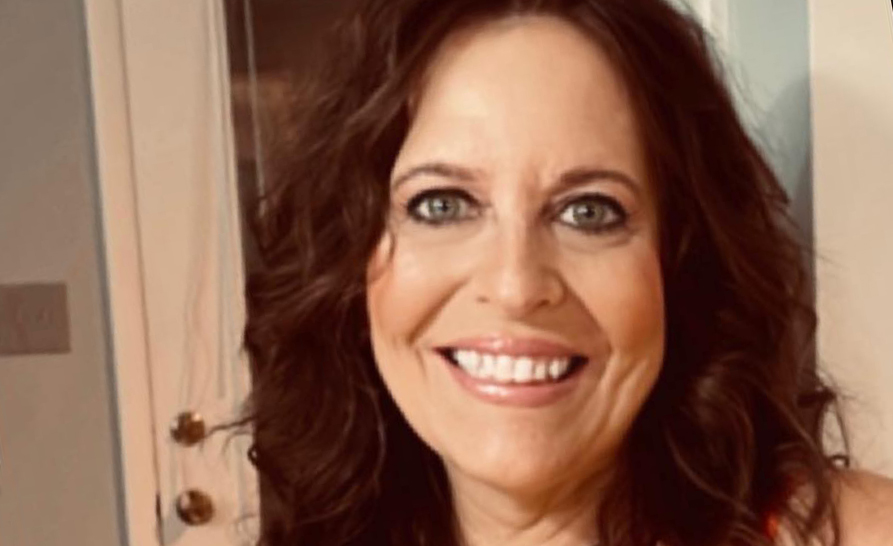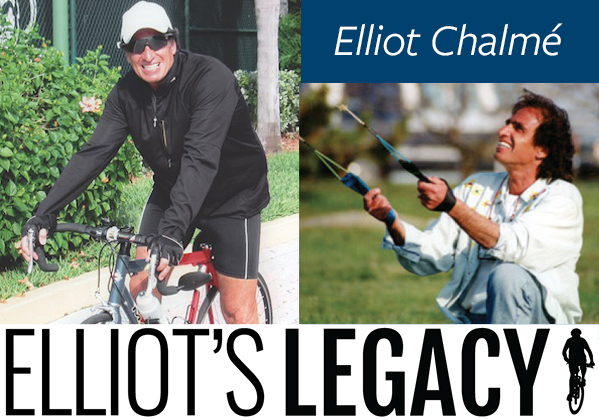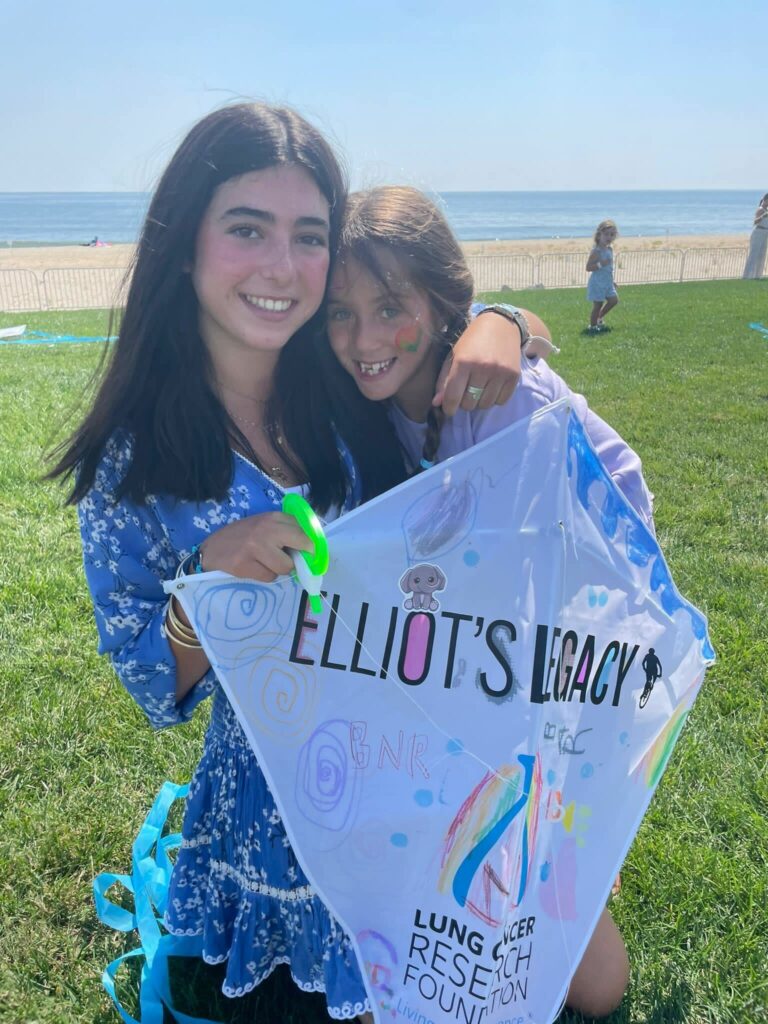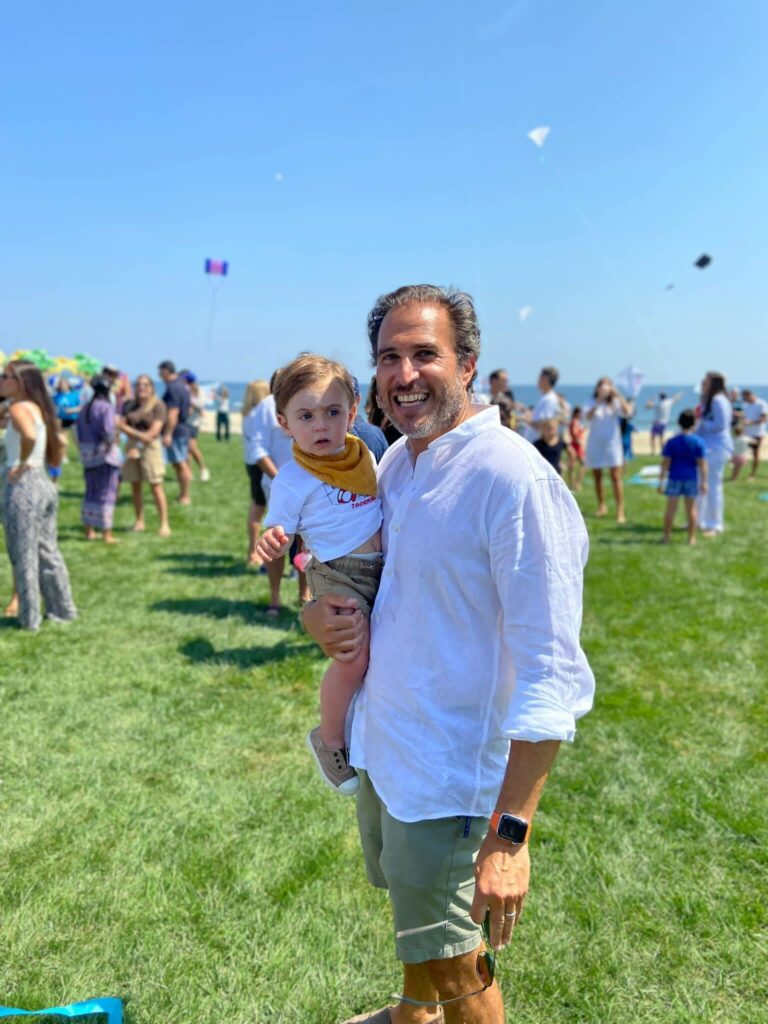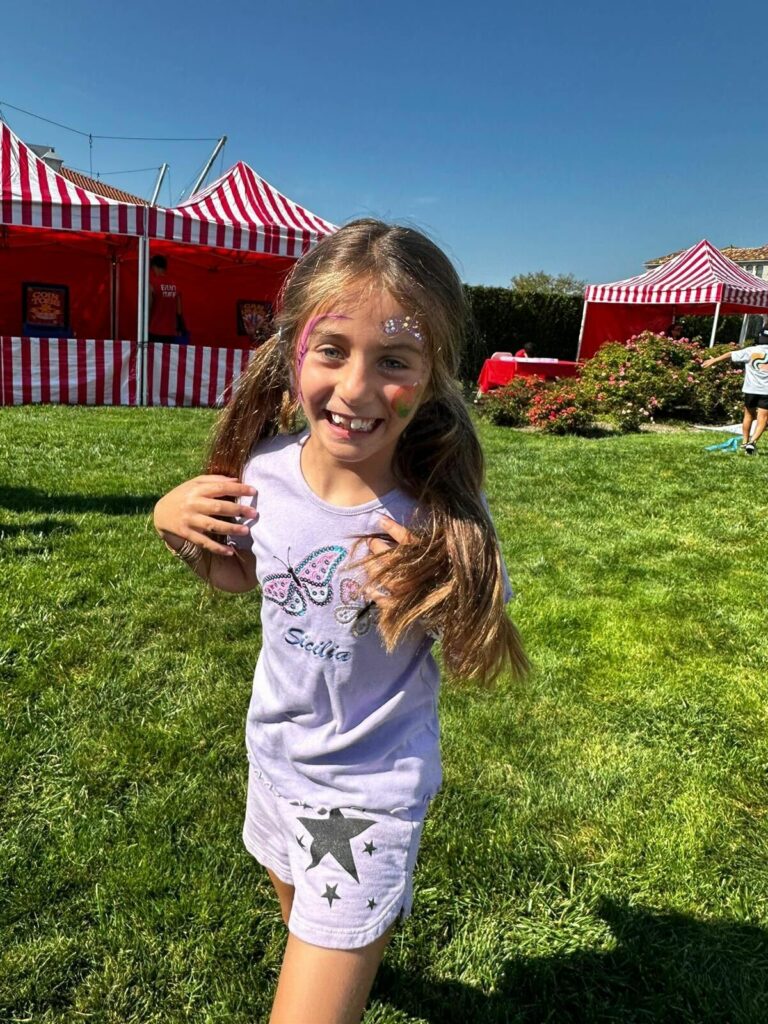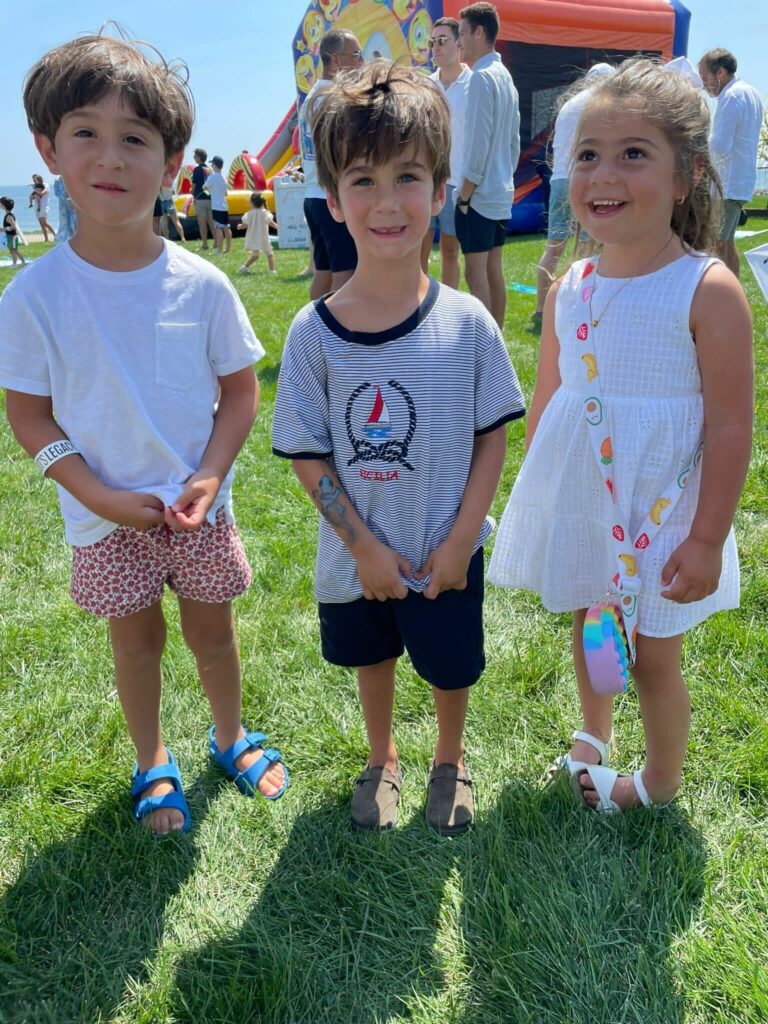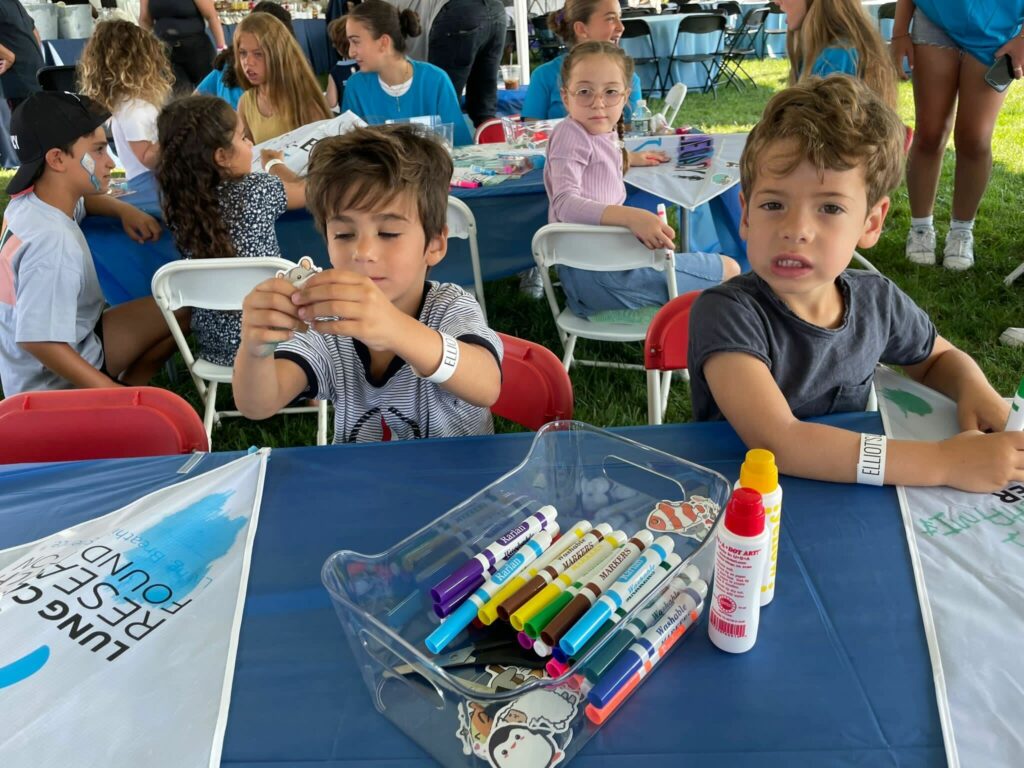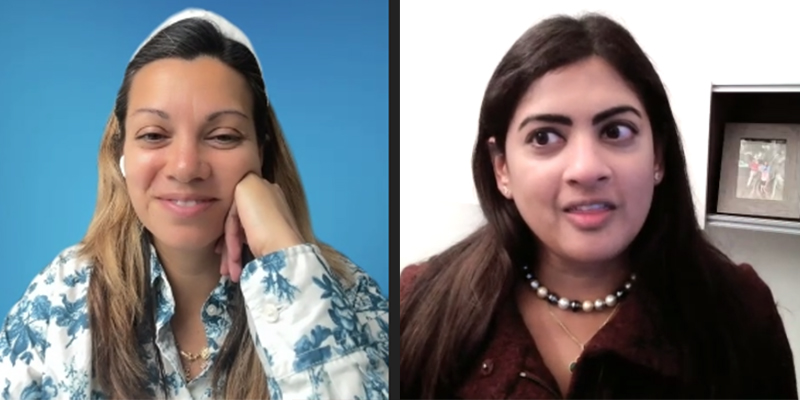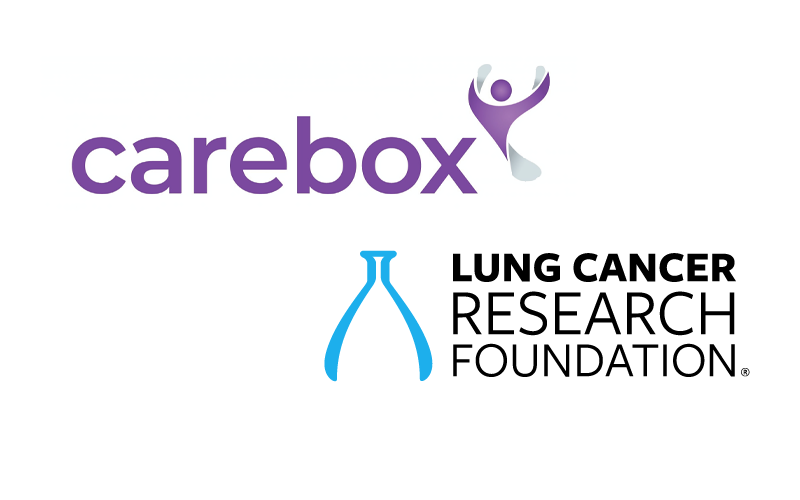The Lung Cancer Research Foundation’s annual Evening of Innovation gala celebrated scientific discovery, honored the work of lung cancer luminaries, and raised funds for research that will save lives. The event raised over $545,000 for lung cancer research.

This year’s gala honored two incredible women in the lung cancer space.
Honoree Katerina Politi, PhD
Katerina Politi, PhD, received the evening’s Gala Honoree Award. Dr. Politi is chair of LCRF’s Scientific Advisory Board, a volunteer role she has held since 2019, and a member of LCRF’s Board of Directors, where she serves on the Executive Committee. Dr. Politi is also Associate Professor of Pathology and Internal Medicine, Yale School of Medicine; Co-Leader of the Cancer Signaling Networks Research Program and Scientific Director of the Center for Thoracic Cancers, Yale Cancer Center. Dr. Politi has given countless hours of her time to LCRF, all while running her own lab and raising her family. She is a mentor to many other researchers, and is committed to unlocking the secrets of lung cancer to benefit patients.
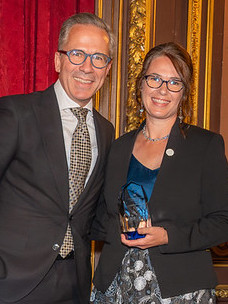
Dr. Brendon M. Stiles of Montefiore-Einstein Medical Center and 2022 Evening of Innovation Gala Honoree presented the award to Dr. Politi. “I like to say that research is our True North at the Lung Cancer Research Foundation,” said Dr. Stiles. “And certainly if that is our True North, then Katie is our North Star.”
Watch a short video about Dr. Politi below.
Honoree Colleen Conner Ziegler
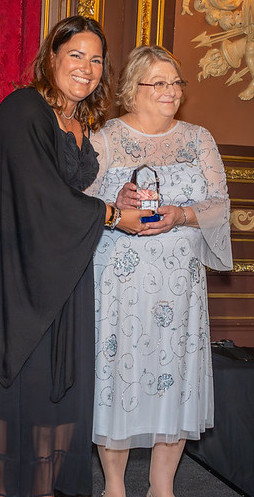
Jen Cosgrove, LCRF advocate and stage 4 ALK+ lung cancer survivor, presented the Research Advocate Honoree Award to Colleen Conner Ziegler, research patient advocate and incoming LCRF Board Chair. Ms. Conner Ziegler, diagnosed with Stage IV ALK-positive non-small cell lung cancer in May 2015, has been a tireless advocate on behalf of patients with lung cancer for nearly eight years. In that role, she has initiated and supported patient-centered research, increased awareness of lung cancer, mentored newly diagnosed lung cancer patients, and served as a consumer reviewer for the Department of Defense Lung Cancer Research Program. Ms. Conner Ziegler is a beacon of hope and inspiration to so many people – other lung cancer patients, her own physicians, the investigators whose research she champions – and represents the patient voice in LCRF’s research programs. “She has such a special way of relating to people,” says Ms. Cosgrove of Ms. Conner Ziegler, “…of talking to people, and of being there for people. I’m grateful for her friendship and her leadership in advocating for other lung cancer patients.”
Watch a short video about Ms. Conner Ziegler below.
- Read the press release here.
- The gala journal is available online at LCRF.org/galajournal.
- View the photo gallery here.
